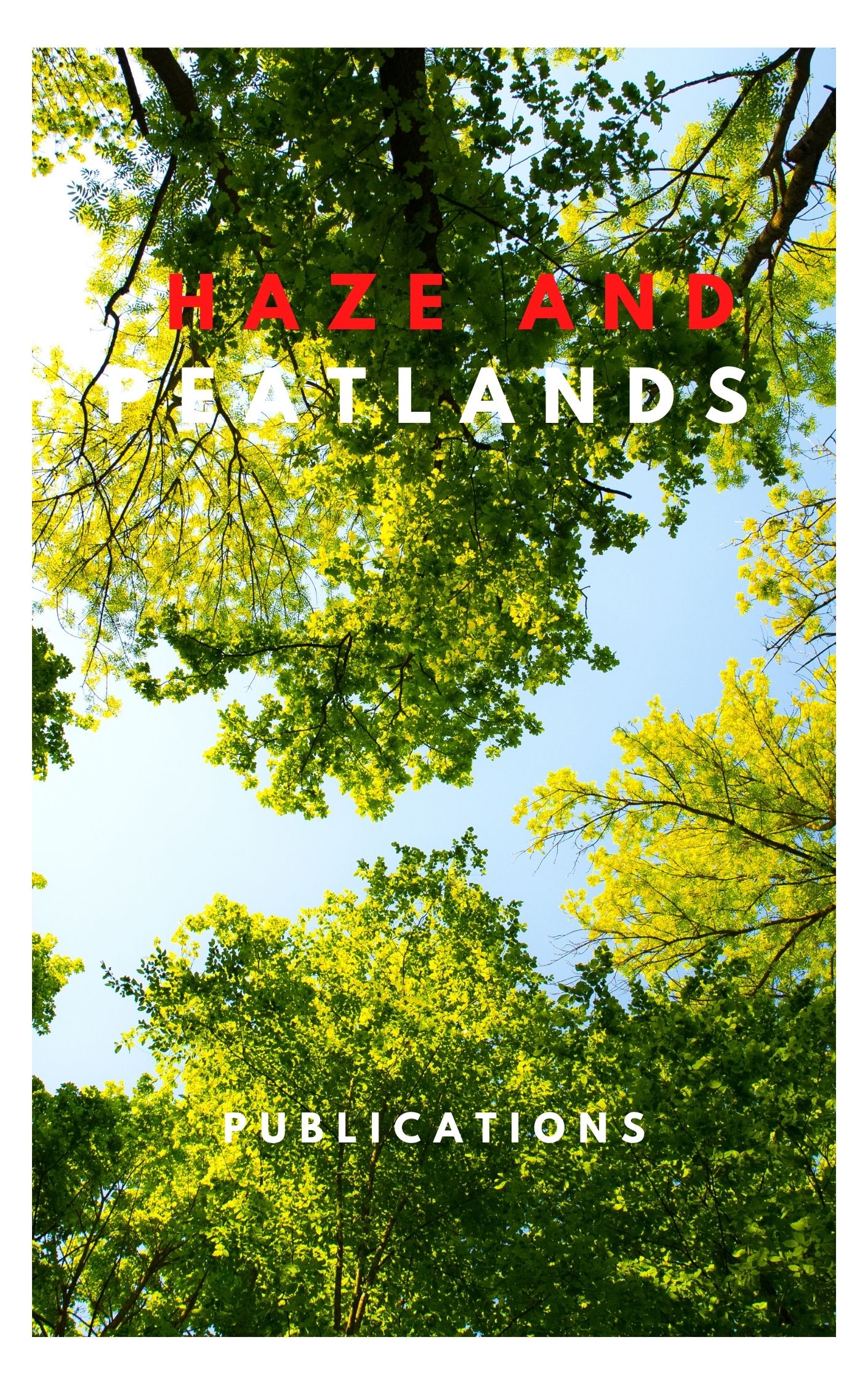The amount of carbon stored in tropical areas is about 83.3 Gt, of which 44.5 Gt (53.1%) is found in Indonesia. This carbon is stored mainly in three main islands: Sumatra stores 18.3 Gt. (41.1%); Kalimantan, 15.1 Gt (33.8%) and West Papua 10.3 Gt (23%). Unfortunately between 1990 and 2002, about 3.5 Gt carbon of peatlands in Sumatra alone was lost due to human activities. The 1997 peat and vegetation fires in Indonesia led to the release of 0.81-2.56 Gt, representing 13-40% of mean annual global carbon emissions from fossil fuels. Official reports from the Ministry of Forestry show that in 2007, of the entire hotspots detected during fire seasons in Indonesia, about 10,280 (64.1%) were rooted in the community; 2644 hotspots (16.5%) were in estate crops; 1691 hotspots (10.5%) were in the forest concessions, and 1430 hotspot (8.9%) were in the forest plantation areas. Land preparation without fire is therefore important to mitigate GHG emissions. Hence, we established a 3-ha experimental agricultural plot on peatland belonging to the community. The results of the research show that if the community forgoes burning the 44 t/ha fuel load of such land, which consists of shrubs, litter, grass, leaves, and old stumps, during land preparation, then it will prevent the release of 3.465 t CO2, 0.036 t CH4, 0.0014 t NOx, 0.044 t NH3, 0.0367 t O3, and 0.641t CO into the atmosphere, and hence reduce greenhouse gas emissions. This fuel load can instead be used for organic fertilizer, charcoal and briquettes. © 2015 by John Wiley & Sons, Ltd. All rights reserved.
View source

